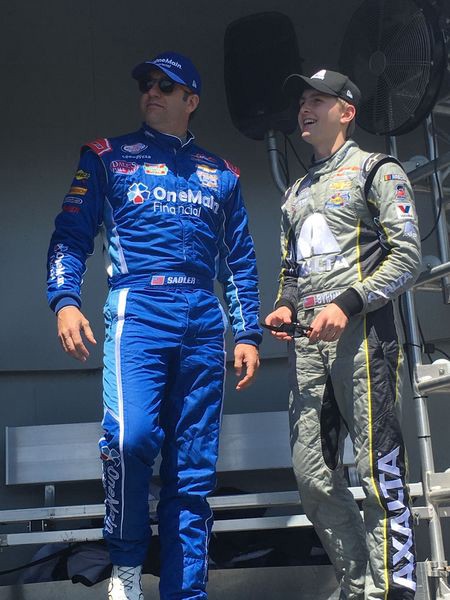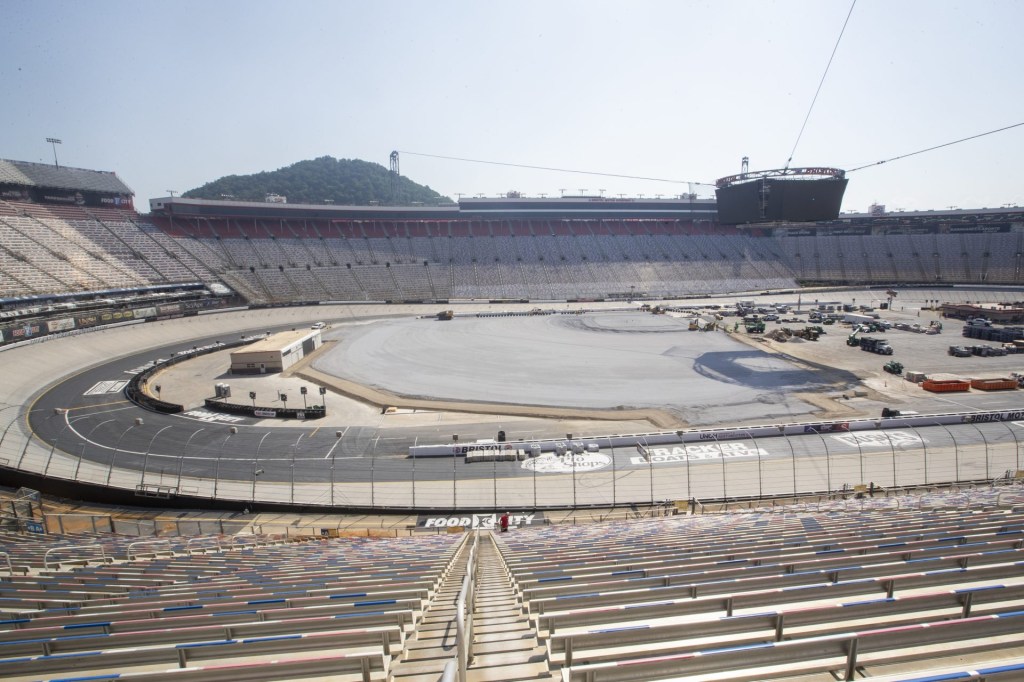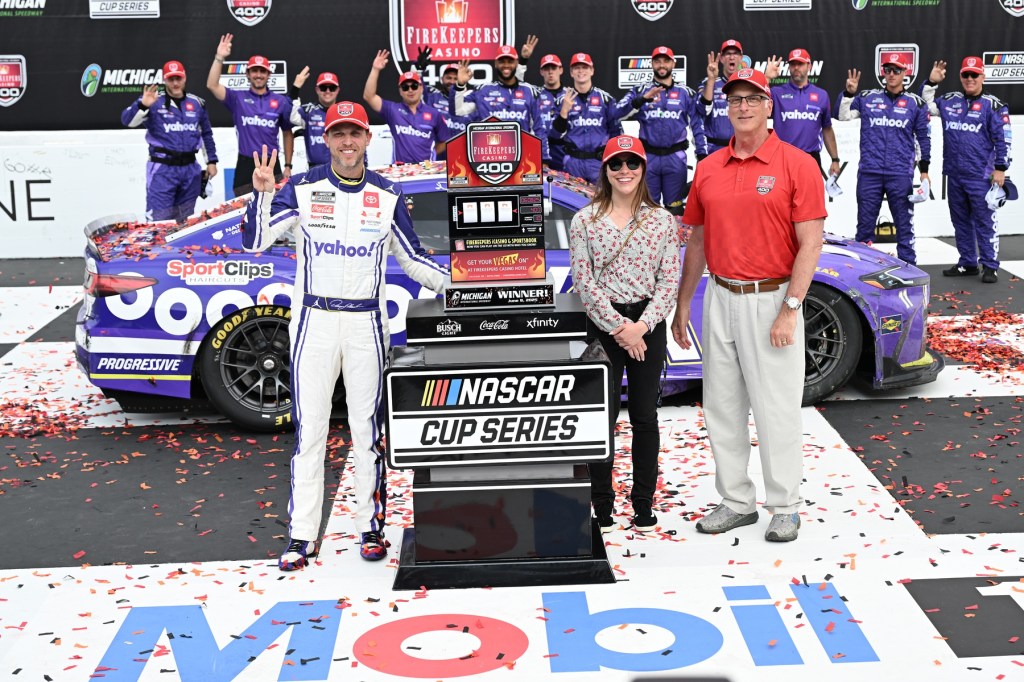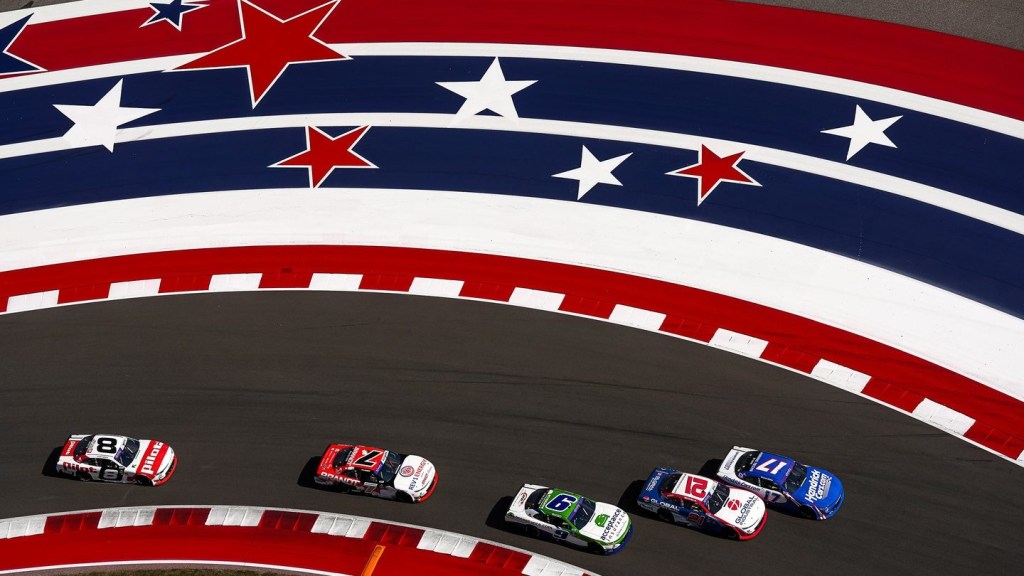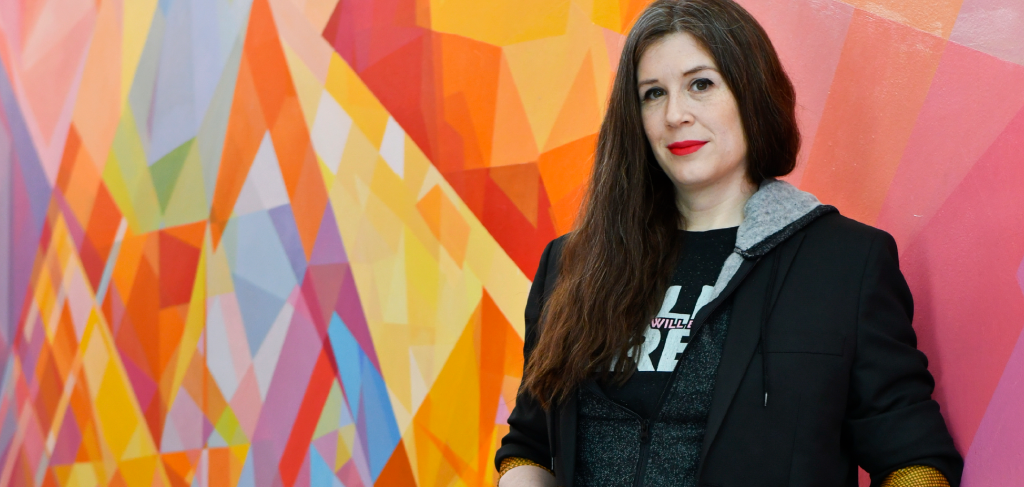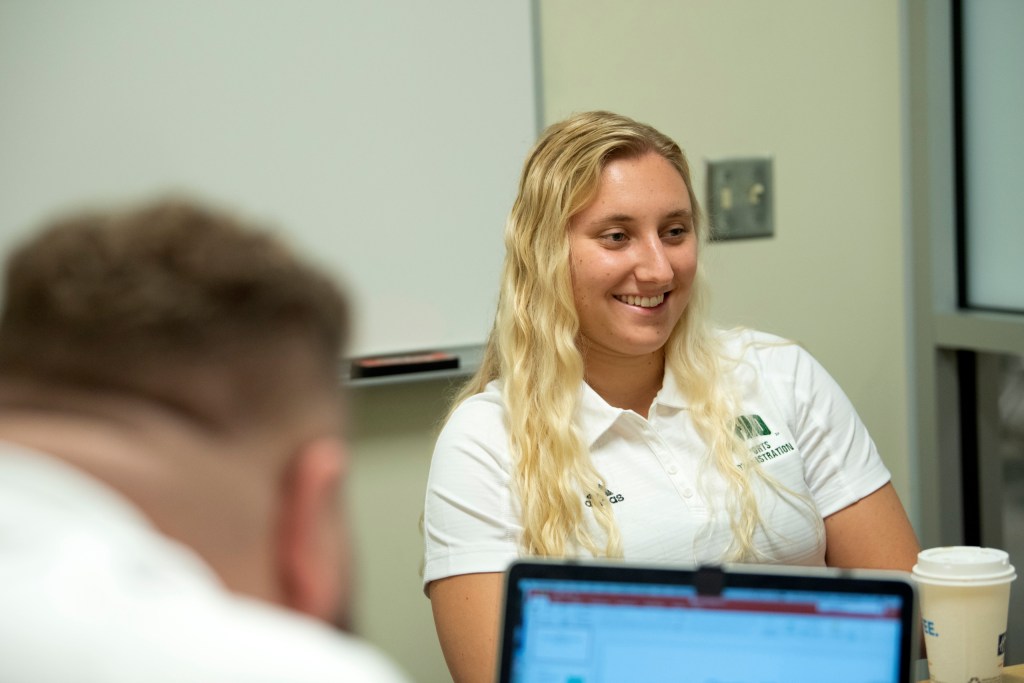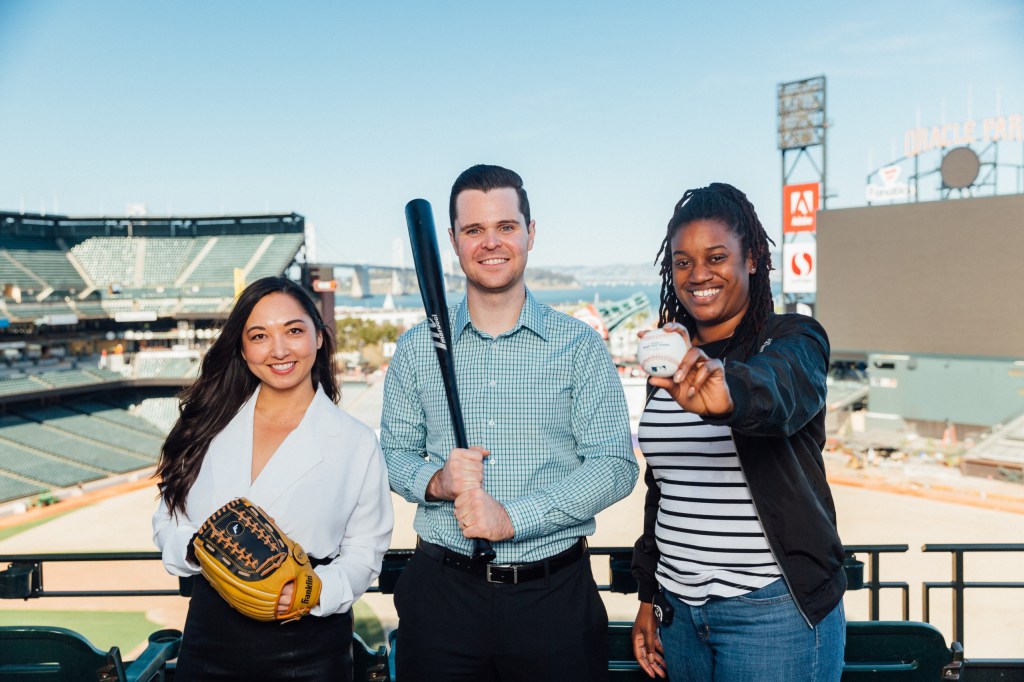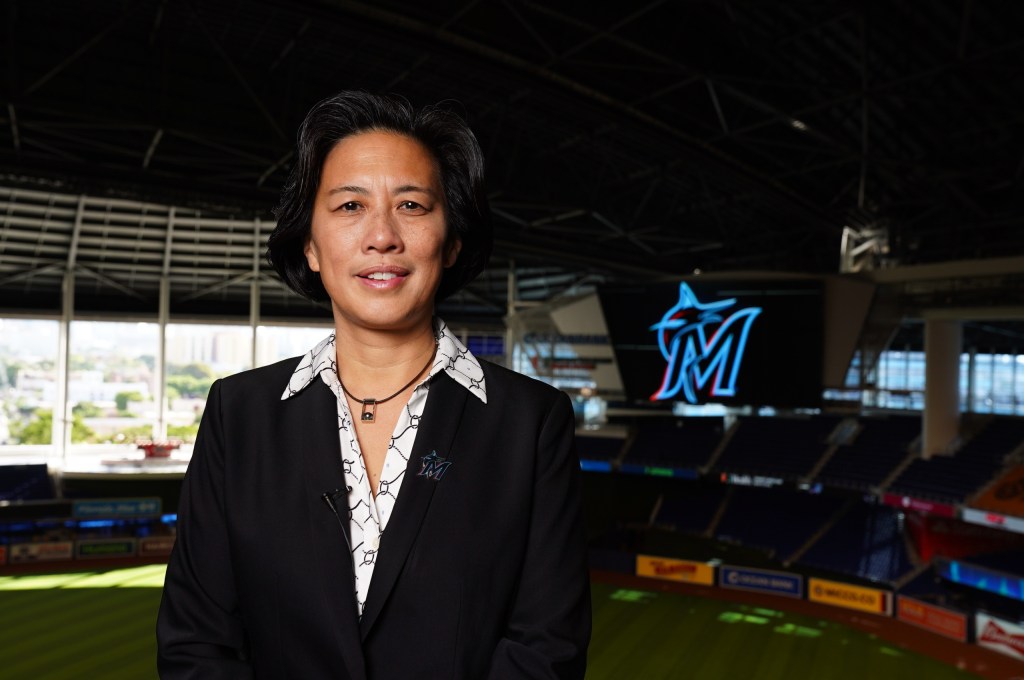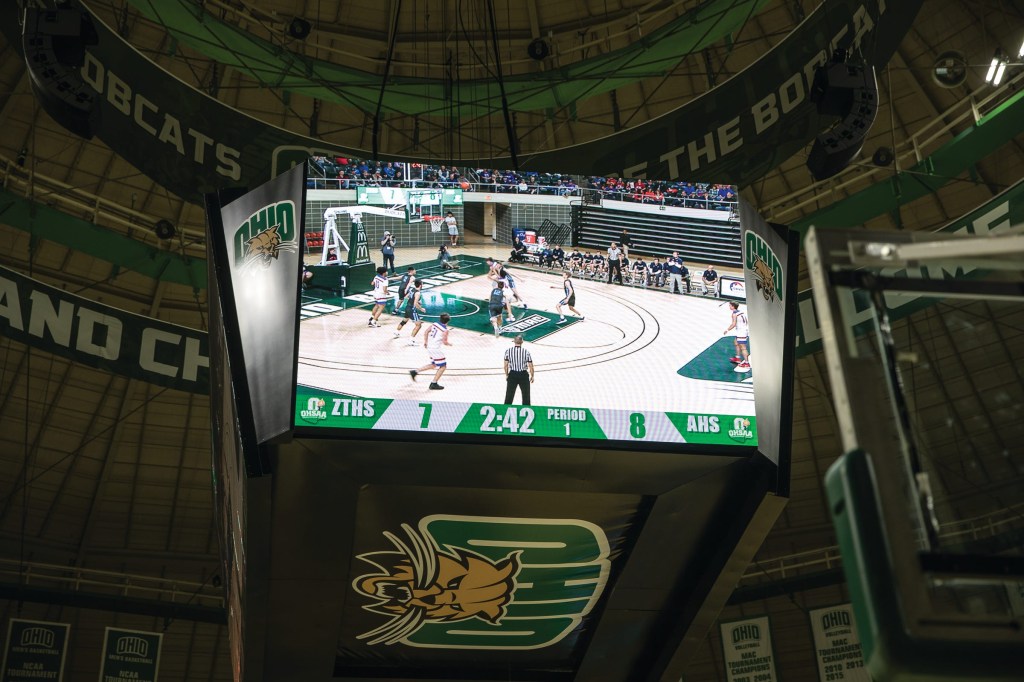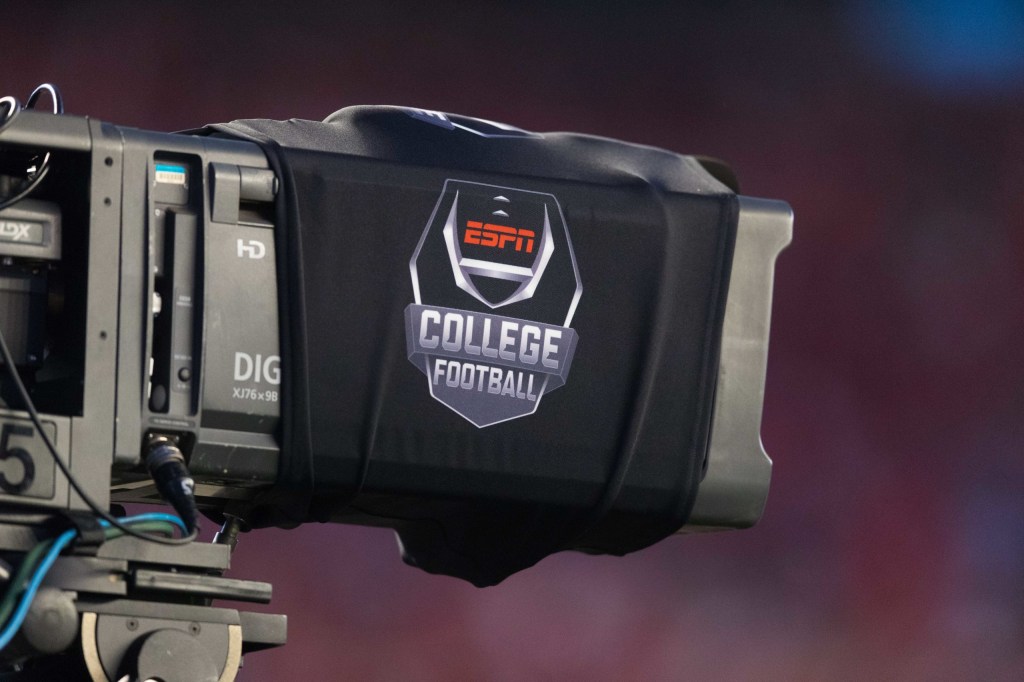NASCAR drivers are some of the best when it comes to helping the next generation.
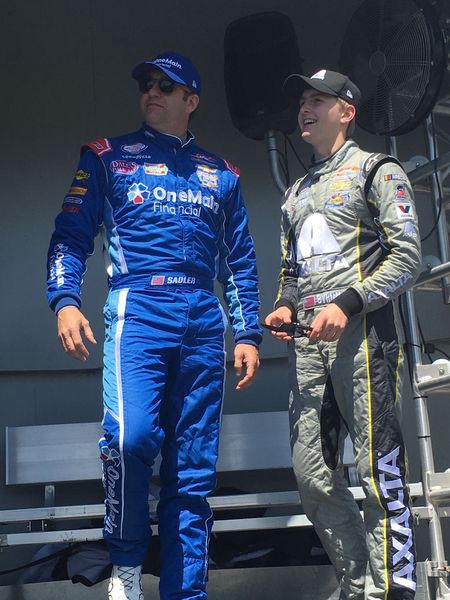
Mentorship is an important part of life. Whether you’re a doctor, a lawyer or even an athlete, having someone to learn the tricks of your trade from can be very beneficial. The same can be said for NASCAR drivers. Up-and-coming drivers often lean on the veterans of the sport for advice. That’s been the case not only this year, but throughout the history of the sport. Let’s take a look some unique NASCAR mentors and mentees.
Elliott Sadler and William Byron
Sadler and Byron happen to be the inspiration for this post. They’re also teammates at JR Motorsports and sit first and second in the NASCAR XFINITY Series points standings, with Sadler slightly ahead of Byron. The catch? Sadler has made over 800 NXS starts and spent 10 years as a full-time driver in the Monster Energy NASCAR Cup Series, recording three wins. Byron is in his first XFINITY Series season and is only 19-years old. He’ll move up to the Cup Series in 2018, driving the №5 Chevrolet for Hendrick Motorsports. The two have formed a bond as teammates that has turned into a mentor/mentee relationship. That kid (Byron) is special,” Sadler said. “I want to be that guy (that helps), because I had that guy. I had Jeff Green when I started, I had Dale Jarrett, people I could lean on all the time that could help the learning curve.” Byron has certainly taken Sadler’s advice. He’s racked up three wins and finished in the top-10 in 14 of 22 races this season. Will we see mentee overtake mentor in the points standings? We’ll find out over the remainder of the regular season and playoffs.
Kyle Larson and 15-year old Coby Henslee
When the Monster Energy NASCAR Cup Series visited Texas Motor Speedway in 2015, the then 22-year old Larson had a chance to mentor Henslee, who competed in the Legends Series. It all happened as a part of the AXE White Label Collective, which turned “aspiration in action.” While Larson initially mentored Henslee at Texas, young drivers had the chance to sign up to be mentored by him with five being selected. For Larson, it gave him flashbacks to having his father serve as his mentor. “My dad was definitely my mentor growing up, especially in go-karts and outlaw car stuff,’’ Larson said. “He was the one working on the cars, getting us to the race track, putting in hours and hours doing that just so I could go out there and fun.” I don’t know what I would do or would have done without having my dad as a mentor. I don’t know if you would even enjoy racing as much without people there to help you.
Dale Earnhardt Sr. and Jeff Gordon
You’re probably thinking I’m crazy. Two of the sport’s fiercest rivals of the 1990’s once had a mentor/mentee type relationship? Correct. Gordon said he considered Earnhardt his rival and wanted to beat him, but at the same time he thought of Earnhardt a mentor. Not only on the track, but off it as well. “He (Earnhardt) really gave me great advice,” Gordon said. “If it came down to business, or the sport in general, he was an open book. I don’t know if it was my curiosity and asking the right questions or him just being very gracious towards me in that sense.”
As professionals, we can learn a lot from these NASCAR mentorship pairings. One of the biggest things that young professionals can do is ask questions.
Just as Byron might ask Sadler for advice on the race track, we can ask our mentors for advice on anything from life to work related ideas. For example, if a young Sports Information Director wants to learn Photoshop for the first time or improve their skills, a call to an established veteran SID who has served as their mentor or even a skilled graphic designer would give them several helpful hints as they strive to become better at the platform.
Most of the time if you ask, someone is willing to help. Trust me, you’d be surprised at the number of people willing to lend a helping hand.
One of the biggest roles of a mentor is to build people up. Mentors don’t help someone because they look to profit off giving their time, they simply do it to serve. Veteran drivers like the ones mentioned above are building up the next generation of NASCAR talent as they guide them not only on the track but off.
Regardless of your field, having a mentor to bounce ideas off of in the workplace (even if they don’t work at the same place as you) or just come to when you need advice on life is pivotal.
Looking for a mentor? Chances are all you need to do is ask. Most people are more than willing to help guide you and answer questions.
What are some of your favorite NASCAR mentor/mentee pairings? Do you have a good mentor in your life? Tweet me @Kraig_Doremus and tell me your thoughts.
This piece has been presented to you by SMU’s Master of Science in Sport Management.
Front Office Sports is a leading multi-platform publication and industry resource that covers the intersection of business and sports.
Want to learn more, or have a story featured about you or your organization? Contact us today.
